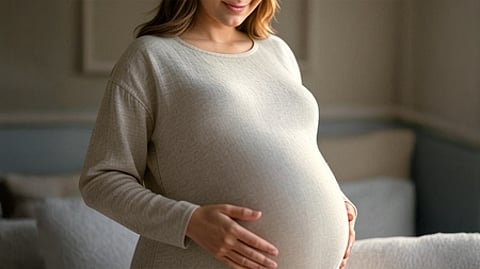

The World Health Organisation has issued a comprehensive statement addressing persistent misconceptions about the causes of autism, emphasising that current scientific evidence does not support claims linking paracetamol (acetaminophen) use during pregnancy to autism spectrum disorders.
According to the WHO report released on September 24, 2025, autism affects approximately 62 million people worldwide — roughly 1 in every 127 individuals. The condition represents a diverse range of brain development-related conditions, and while diagnostic capabilities have improved significantly in recent years, researchers have yet to pinpoint the exact factors.
Extensive research
The health organisation reviewed extensive research conducted over the past decade, including large-scale population studies examining potential connections between paracetamol (acetaminophen) use during pregnancy and autism development. These investigations have failed to establish any consistent association between the common pain reliever and autism spectrum conditions.
For expectant mothers, WHO maintains its guidance that all medication decisions should be made in consultation with healthcare providers, who can evaluate individual circumstances and recommend appropriate treatments. The organisation stresses that pregnant women should exercise particular caution with any medication, especially during the first trimester, and always follow professional medical advice.
The persistent myth
Addressing another persistent myth, WHO reiterated that childhood vaccinations do not cause autism. The statement highlighted that extensive, high-quality research from multiple countries has consistently reached identical conclusions. Early studies that suggested vaccine–autism links have been thoroughly discredited due to methodological flaws.
Since 1999, WHO’s independent advisory experts have repeatedly confirmed that vaccines — including formulations containing thiomersal or aluminium — pose no risk of autism or other developmental disorders. The organisation emphasised that vaccination schedules undergo rigorous, evidence-based development processes involving global expertise and country-specific input.
WHO’s vaccination programmes have prevented an estimated 154 million deaths over five decades, currently protecting against 30 infectious diseases across different age groups. The Strategic Advisory Group of Experts on Immunisation ensures all vaccine recommendations undergo a thorough evidence review to provide optimal protection when most needed.
The health body warned that delayed, disrupted, or altered immunisation schedules without proper evidence review significantly increase infection risks for individual children and broader communities. Particular vulnerability exists among infants too young for vaccination and individuals with compromised immune systems or underlying health conditions.
The 4th UN High-Level Meeting
Autism and neurodevelopmental disorders feature prominently in discussions at this week’s 4th UN High-Level Meeting on Non-Communicable Diseases and mental health, scheduled for September 25. WHO acknowledged that the global community must intensify efforts to understand the causes of autism and improve care and support systems for autistic individuals and their families.
The organisation committed to advancing these objectives through partnerships with autistic-led organisations and groups representing people with lived experience. WHO concluded by affirming its support for autism communities, emphasising their right to evidence-based consideration free from stigma and discrimination.
